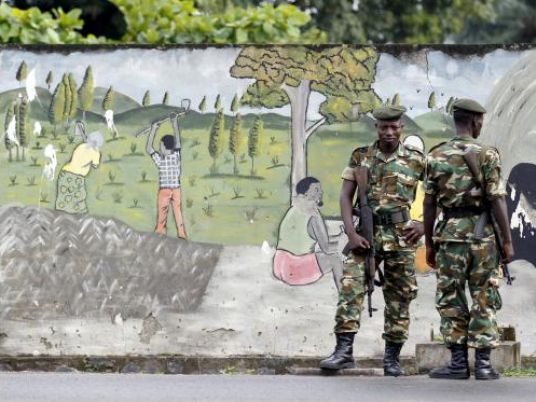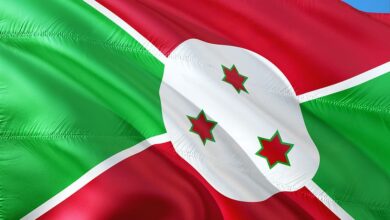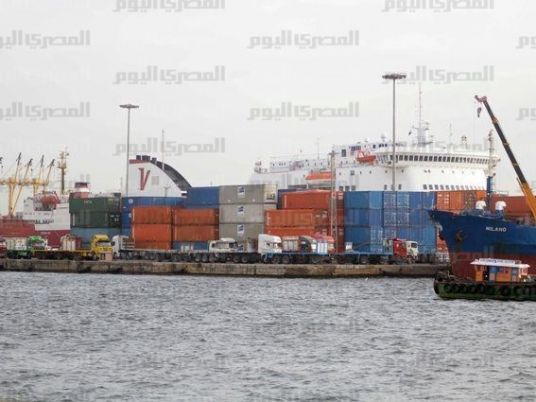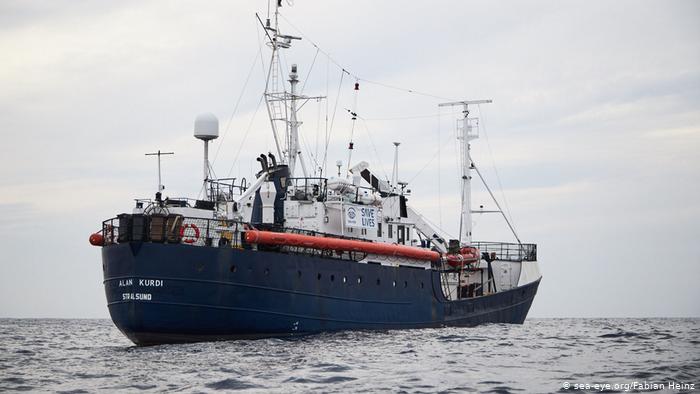
Two protesters were killed on Monday, a leading rights activist said, as demonstrations against a decision by President Pierre Nkurunziza's to seek a third term in office ran into a second week.
Police in the Musaga district of Bujumbura fired shots towards lines of protesters who were hurling stones, a Reuters witness said. An explosion also wounded at least two officers who were taken away in ambulances.
Police spokesman Liboire Bakunduwukize denied two protesters were killed, and said 15 police were wounded when a hand grenade was thrown at them. He said police would respond in future.
"Today, tomorrow or the day after, wherever they will hurl grenades or wherever they will shoot, the police has a right to throw a grenade as well and even to shoot back and that's how it will be," he told reporters at the hospital where the wounded police were taken.
Hundreds of others demonstrators rallied in other districts.
"Please, Nkurunziza, give up the third term so that peace returns in the country," demonstrators shouted in the Kinindo suburb, where dozens had gathered early in the morning.
Nkurunziza, a former rebel leader during an ethnically fuelled civil war that ended in 2005, has called the protests an "insurrectional movement" and warned of tough steps against those behind the demonstrations.
Civil society groups have said at least 11 people have been killed during the protests. Police put the number at six, including three members of the security forces.
The unrest has plunged the east African nation into its worst political crisis since the conflict that pitted majority Hutus against minority Tutsis ended, reviving ethnic tensions in a region where other presidents will soon face term limits.
Pierre Claver Mbonimpa, a veteran member of civil society groups that have been a driving force behind the rallies, said two protesters were shot dead on Monday and others suffered bullet wounds.
Red Cross spokesman Alexis Manirakiza said there were 35 people wounded on Monday, but did not give details.
Protests erupted on April 26, the day after the president's announced he would run in the June 26 presidential vote. Candidate registration runs until May 9.
The constitution and the Arusha peace agreement that ended the civil war set a two-term limit. Nkurunziza's supporters say his first term does not count because he was picked by parliament in 2005 for a transitional role and not elected by popular vote.
The army has been deployed to restore calm. Once led by Tutsis, it is now a mixed force and is seen as neutral.
Western nations and African countries have urged Nkurunziza, who led a Hutu rebel force in the civil war, not to stand. The United States and European Union have also warned they would take steps against those behind any violence.
So far there has been little sign of protests spreading beyond the capital. Local media reports of demonstrations in other regions have not been confirmed independently.
Police have barred protesters from central Bujumbura. On Monday, police officers fired shots in the air to disperse a small group of demonstrators that had gathered on a street leading to the central square, Place de l'Independence.
Fearing violence, around 24,000 people have fled to neighbouring Rwanda and 7,000 to the Democratic Republic of Congo, the U.N. refugee agency UNHCR said on Twitter.




